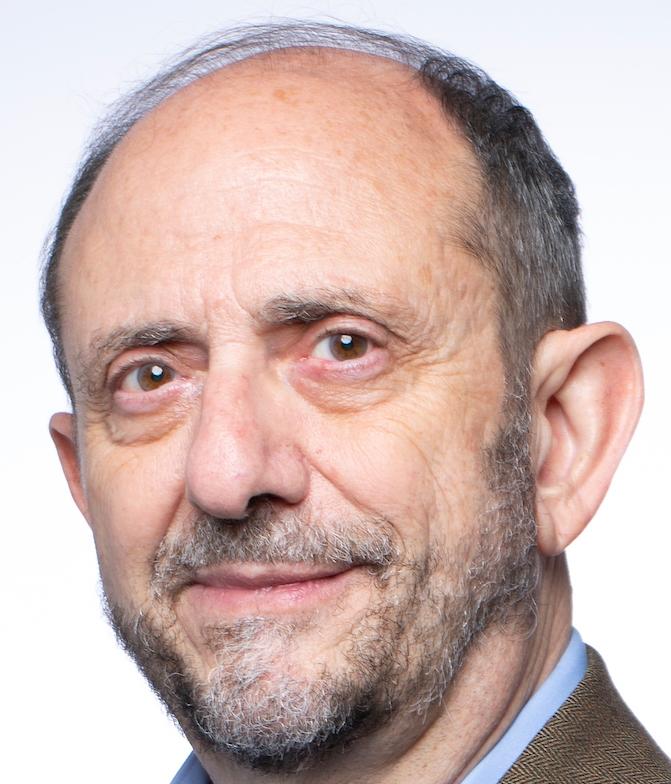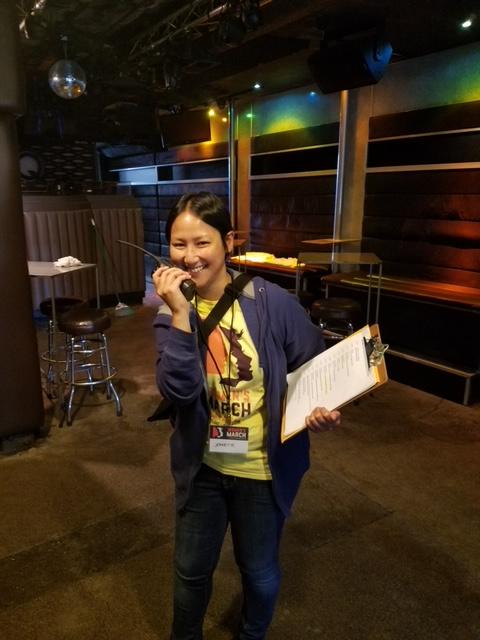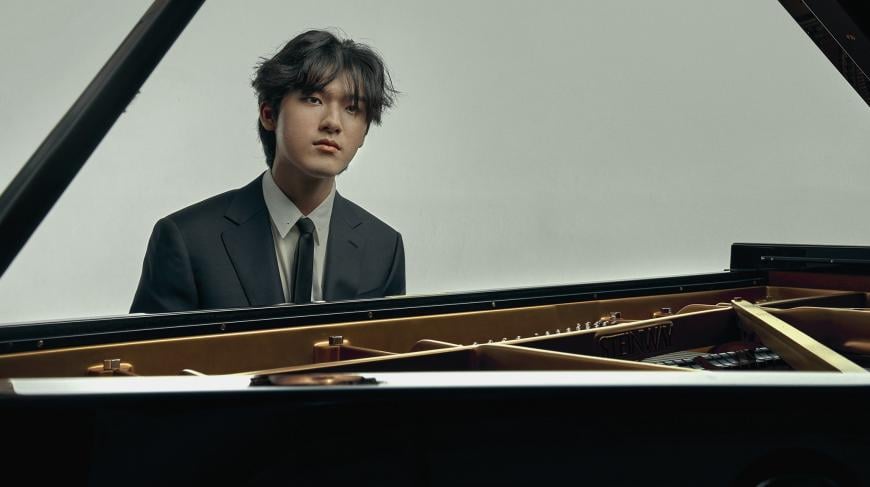
Change — “the only constant” — comes to us all, and it always presents a challenge. As the past month has shown, even those in the highest echelons of power are not immune from sudden twists of fate.
In the musical world, too, San Francisco Symphony Music Director Esa-Pekka Salonen will leave his post next June, and Los Angeles will face a similar change when LA Philharmonic Music and Artistic Director Gustavo Dudamel departs for New York in 2026.
SF Classical Voice has long followed changes in local music organizations, getting a whole bunch of them together at times. Today, the subject is a complex but well-managed leadership change at San Francisco’s Chamber Music SF — a bright miniature with potential lessons for organizations with much bigger budgets.
Chamber Music SF (CMSF) has a budget a fraction the size of San Francisco’s largest arts institutions — Daniel Levenstein, its founder and first executive director, has described it as “a no-frills operation” with a staff of one — and yet the changing of the guard there has been both complex and instructive.

A 2018 profile in the San Francisco Examiner observed Levenstein’s work at of Chamber Music San Francisco, which he founded 20 years ago, would make herding cats look relaxing by comparison.
Levenstein retired just a couple of months ago, but the process of passing the torch to his replacement, Jeanette Wong, took much longer, involving a nationwide search by the Catherine French Group and a board search committee.
“Search processes always take forever,” says Wong. “The search was already underway when I submitted my application in February. I think it was four rounds total of screenings, interviews, and presentations.
“I got the offer in April and then there were meetings to work on the announcement and transition timeline. Not at all bad on my end compared to how long some processes can take.”
Following Wong’s selection, she had the opportunity “to shadow Daniel during concerts at each venue, seeing his production logistics, [being] introduced to supporters. I was able to attend a donor dinner, and I got to meet our production, front of house, and box office teams at each venue.” (CMSF recitals are offered in San Francisco, Walnut Creek, and Palo Alto.)
According to Levenstein, “Although decades my junior, Jeanette is both more experienced in established arts organizations than I am, and commensurately better known in the music community.
“I came to arts administration very suddenly, by helping to start Smuin Ballet from scratch, and I learned as I went over my nine years there,” he recalled. “Similarly, I started Chamber Music SF out of thin air and, frankly, am amazed at the success we’ve had.
“Jeanette, having worked in the orchestral world, has been steeped in on-the-job training, absorbing buckets of institutional knowledge along the way. At this point, she is truly a professional’s professional. If she can manage to keep up the high artistic standards and theatrical flair that are sort of our hallmarks, I have high confidence that she will guide the organization into a future that contains some pretty sensational avenues of growth.”
While this was a national search, the selection came down to somebody local — Wong was born and raised in San Francisco and graduated from the Ruth Asawa San Francisco School of the Arts. She went on to earn a B.A. in Music Theory and Composition from New York University, and her music has been performed throughout the United States and Europe. Wong’s interest in multimedia has led to collaborations in film, dance, and theater in addition to more traditional concert and chamber works.

Wong’s career began in 2004 — coincidentally the year of CMSF’s first season — in a public affairs role at the television network VH1 in New York City. But she was soon drawn back to classical music, with a position at the League of American Orchestras.
From there, Wong returned to San Francisco to join the staff of the San Francisco Symphony, where she had a front row seat to the organization’s inner workings in several high-level positions. She was also a member of the team that launched SoundBox, one of the Symphony’s most popular and innovative series.
Before joining CMSF, Wong served as associate director of artistic programming at SFJAZZ, where her duties included management of the SFJAZZ Collective, booking the Joe Henderson Lab, and producing special events, including the SFJAZZ gala and the NEA Jazz Masters tribute.
Unlike many situations where outgoing and incoming managers have little — or no — time to confer, Wong says, “I had the luxury of doing a full onboarding with Daniel. I’ve been so touched by his support as I’ve stepped into the new role. We’ve had multiple discussions about how it’s interesting that we approach arts administration, and presenting specifically, from two different angles.
“He has always been part of a small team while I’ve come from large institutions. Moving forward, I’m excited to bring the organization into its next chapter, building upon the strong foundation that Daniel created.”
CMSF’s current and upcoming seasons were programmed by Levenstein; the 2026 “hybrid season” will be set up by Wong and Levenstein “fifty-fifty.” But Wong is already full of ideas for the organization’s future. “It seems like there is a yearning for further connection and engagement both from artists and our audience,” she observes. “I am looking at opportunities for engagement activities. I see opportunities to grow our digital presence, knowing that social media and the internet are where many people are learning about and listening to music.”

Among the recitals next year is the San Francisco debut of Yunchan Lim, the engaging South Korean pianist who became an international sensation when he won the Van Cliburn Competition two years ago at age 18. His concert will include J.S. Bach’s Goldberg Variations and Anton Webern’s Variations, Op. 27.
“Much of my programming philosophy comes from my background in music education,” says Wong. “I love getting people excited about music. I find that a great way to do so is to provide context to what people are hearing, reminding us why classical music is still relevant today. I also very much believe that music is for everyone and that we need to dispel the myth that classical music is only for the ‘elite’.”

